
In the vibrant, ever-evolving world of music, certain voices don’t just sing; they captivate, they challenge, and they redefine what we thought was possible. These are the voices that, decades later, still give us goosebumps, the ones we instantly recognize from a single note, making us wonder how one person can pack so much emotion, grit, or sheer power into their vocal cords. They are the sonic signatures that ensure their music, and their legacy, remain truly ‘ownable’ and unforgettable in an industry often chasing fleeting trends.
Forget the quest for a ‘perfect’ singing voice – because sometimes, it’s the raw, the unconventional, the utterly unique that makes the most profound impact. We’re talking about artists who broke molds, whose vocalizations became inseparable from their groundbreaking artistry, proving that distinctiveness is often the secret ingredient to enduring success. It’s about more than just hitting the right notes; it’s about making every note tell a story, evoke a feeling, or simply stand out in a crowded soundscape, carving out a space that is undeniably and unequivocally ‘them.’
So, let’s embark on an exciting journey to celebrate some of these vocal titans. We’re diving deep into the sounds of artists whose voices are as iconic as their personas, exploring how they used their unique gifts to shape genres, inspire generations, and etch their names into the annals of music history. Prepare to have your ears, and your heart, thoroughly entertained as we spotlight the first six trailblazers who truly possess the most unique singing voices, forever changing the way we listen to music.
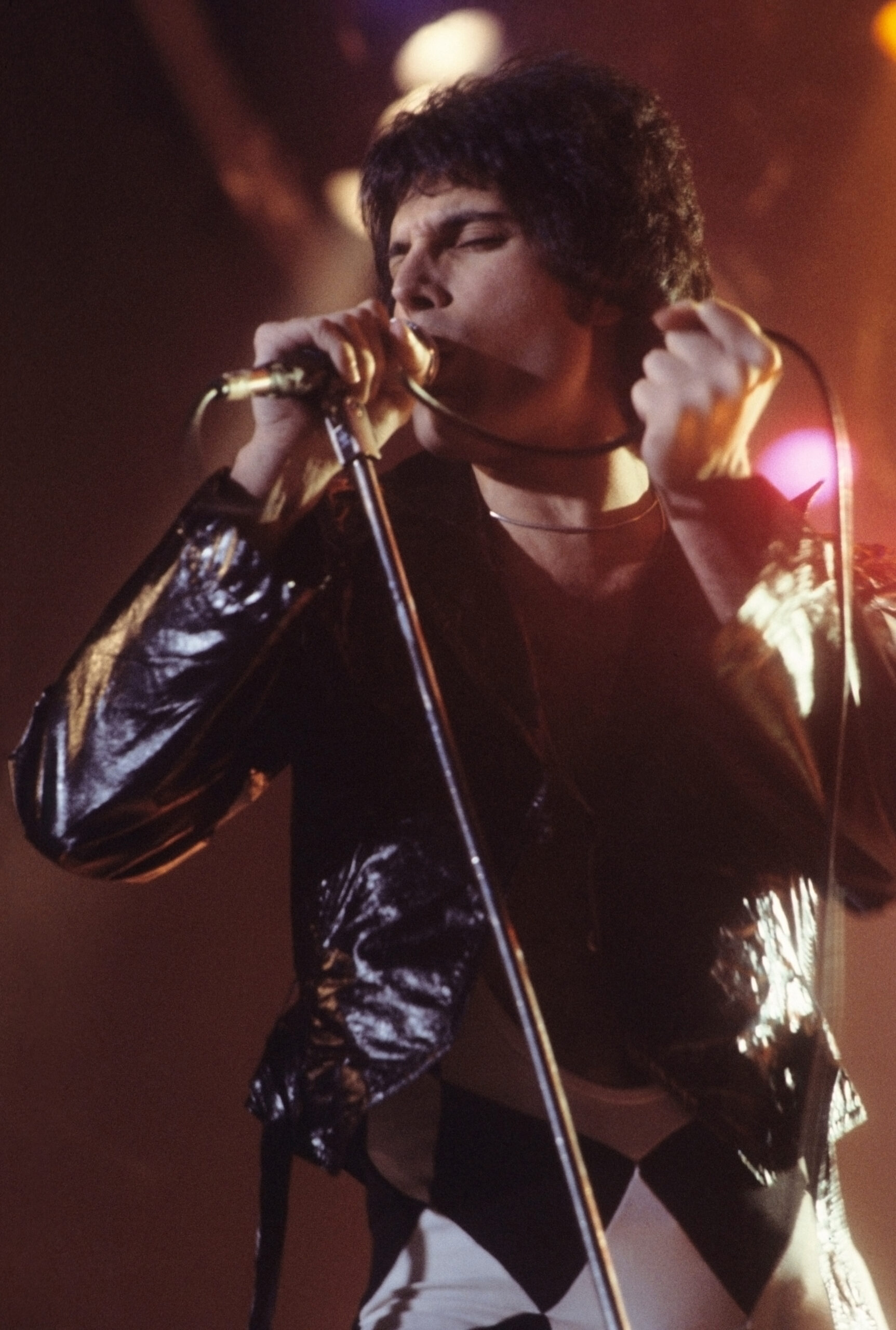
1. Freddie Mercury
Freddie Mercury’s voice was, quite simply, a marvel—a true force of nature, rich and powerful, possessing an astounding range that could effortlessly span over four octaves. He was capable of soaring highs and deep lows, transitioning with incredible fluidity from rock anthems to delicate ballads, all while maintaining a unique timbre. This operatic flair, combined with his dynamic and flamboyant stage presence, transformed Queen’s music into something truly unforgettable, making him a musical legend whose performances were as much about spectacle as sound.
His unique timbre and expressive delivery drew audiences directly into the story of each song, conveying emotion with unparalleled intensity. Mercury’s ability to connect with fans through his music was unparalleled, creating a bond that transcended the typical artist-audience relationship. Whether leading Queen with the intricate majesty of “Bohemian Rhapsody” or delivering a powerful solo performance, his voice brought a dramatic flair and profound emotional depth to every note.
The power and range of his voice meant he could effortlessly transition from the raucous energy of rock to moments of tender vulnerability, all within the same track. This vocal versatility was a cornerstone of Queen’s sound, allowing them to explore a vast musical landscape that few other bands could even attempt. His performances were not just about vocal prowess; they were about a complete artistic vision, where his commanding voice was the central element.
Even decades after his passing, Freddie Mercury’s influence endures, inspiring countless artists across various genres. His songs, filled with passion and theatrical flair, continue to be celebrated worldwide, showcasing a legacy that transcends time and remains an enduring symbol of rock and roll brilliance. His voice continues to inspire new musicians and fans globally, proving that true artistry, and a truly unique voice, never fades.
Read more about: Echoes of Eternity: 14 Music Legends We Lost Too Soon, Whose Undying Influence Still Resonates
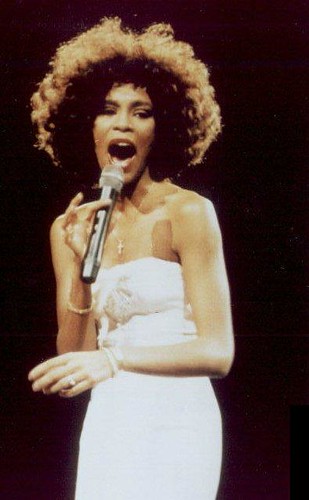
2. Whitney Houston
Whitney Houston’s voice was, in a word, unparalleled – the epitome of power and grace, characterized by its incredibly powerful, emotive quality and astonishing clarity. She possessed an astounding vocal range and control, effortlessly belting out high notes while conveying deep emotion that touched hearts across the globe. Her ability to interpret songs in a way that made them uniquely hers, transforming them into profound emotional experiences rather than mere vocal displays, truly set her apart from her contemporaries.
Her voice was both angelic and soulful, captivating audiences with its emotional intensity and a rare gift for connecting on a profound, almost spiritual, level. Houston’s performances were never just about demonstrating her vocal prowess; they were profound emotional journeys that resonated deeply with listeners, creating an unforgettable bond. Her ability to hit those high notes effortlessly, while still pouring her heart into every phrase, was a hallmark of her genius.
Beyond the raw power, there was an incredible tenderness and vulnerability, allowing her to deliver heartfelt ballads with the same precision and impact as her soaring anthems. Her renditions of songs like “I Will Always Love You” didn’t just become timeless classics; they became cultural phenomena, benchmarks for vocal excellence that showcased a transformative power that remains unmatched. These performances were a masterclass in conveying the full spectrum of human emotion through song.
The influence of Whitney Houston on the music industry is undeniable, with songs that continue to live on as cherished classics and a discography that has inspired countless artists. Her legacy remains a powerful inspiration for new generations of singers who aspire to emulate her vocal excellence, demonstrating the lasting impact of her unparalleled beauty and impact. Her voice continues to be a testament to the transformative power of music, echoing through generations.
Read more about: Get Ready to Rewind! These 12 ’80s Pop & Style Icons Ruled the Airwaves and Our Hearts
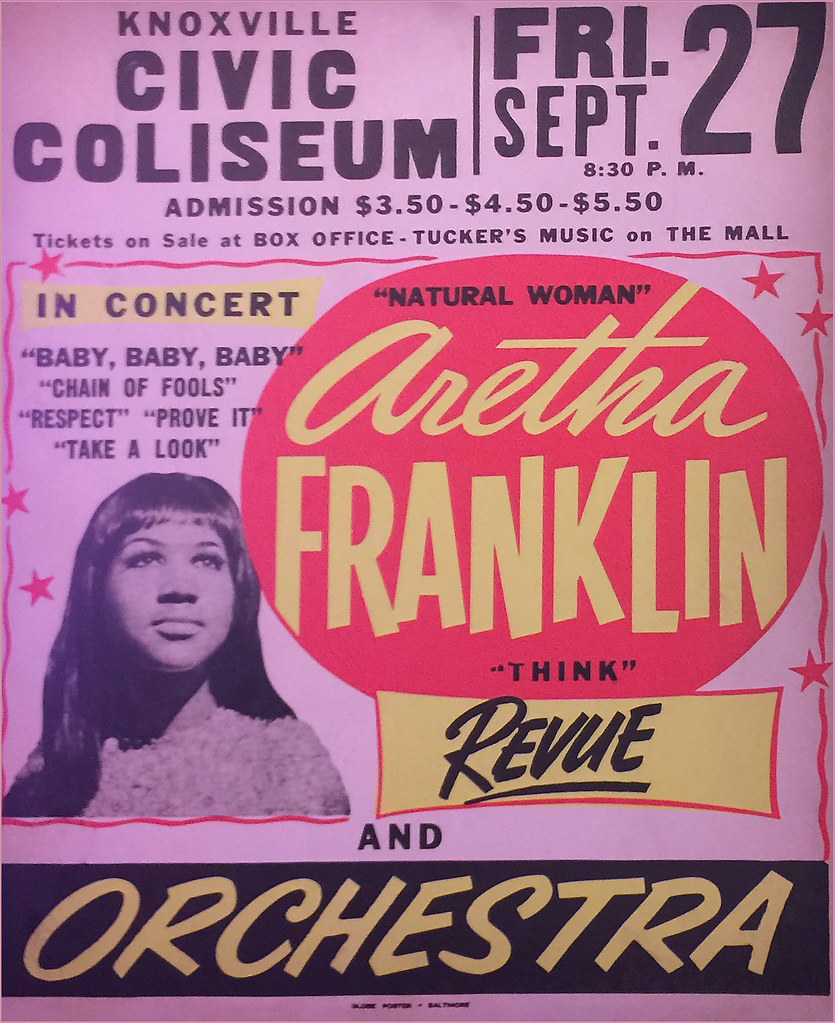
3. Aretha Franklin
Aretha Franklin, rightfully crowned the Queen of Soul, possessed a voice that was a true powerhouse, embodying an extraordinary blend of strength and profound emotion. Her gospel roots shone through every single note she sang, infusing her music with an authenticity and spiritual depth that was both commanding and deeply moving. Her vocal ability was characterized by a remarkable range and dynamic control, allowing her to deliver powerful anthems and tender ballads with equal, breathtaking impact.
Franklin’s uncanny ability to convey deep feeling through her music made her an icon, and her songs of empowerment and love resonated with audiences around the world, transcending cultural and social barriers. Her rendition of “Respect” didn’t just become a hit; it became an iconic anthem for empowerment and change, a symbol of the civil rights movement. She didn’t just sing; she preached, she uplifted, and she inspired, making her voice a beacon of soulful expression.
Her performances were often marked by a raw intensity and an undeniable presence, where every vocal flourish felt deliberate and deeply felt. She possessed a unique gift for taking a song and imbuing it with layers of meaning, turning simple lyrics into profound statements. This emotional depth, combined with her technical mastery, ensured that her music was not only entertaining but also deeply resonant and culturally significant.
With a career that spanned decades, Aretha Franklin’s influence on soul and R&B music is immeasurable, leaving an indelible mark on the genre. Her legacy is cemented not only in her iconic recordings but also in the countless artists she’s inspired, making her music and her voice anthems for empowerment and change for generations to come. Her powerful artistry continues to inspire and uplift audiences across the globe, solidifying her place as a true musical titan.
Read more about: The Unforgettable Last Notes: 8 Musicians Who Defied Death’s Shadow to Perform
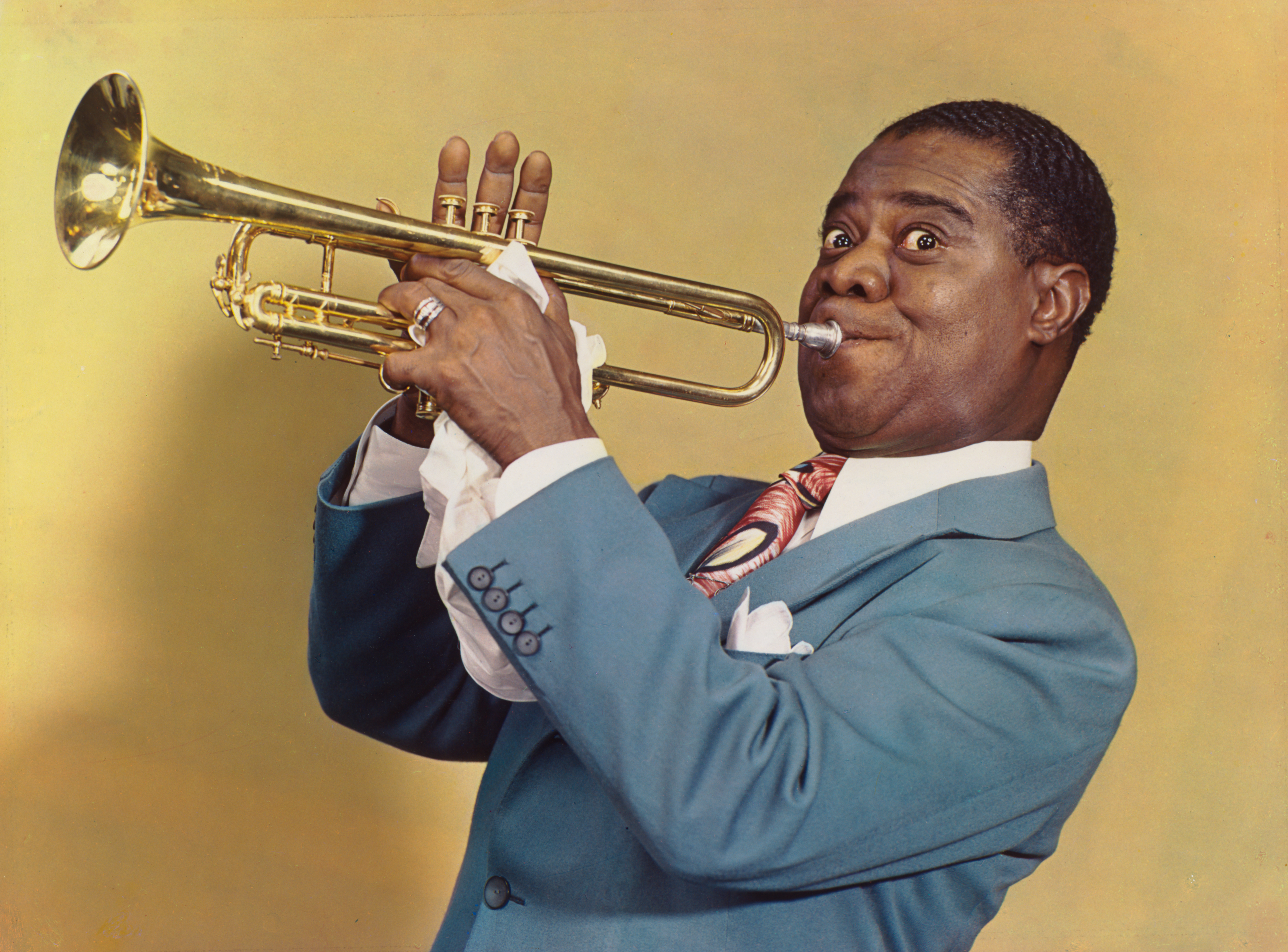
4. Louis Armstrong
Louis Armstrong’s voice is undeniably synonymous with jazz, instantly recognizable by its rich, gravelly quality that carried profound emotion and unbridled joy. Often heralded as the father of modern swing, his voice became as much a musical instrument as his trumpet, bringing a unique timbre and an undeniable character to every performance. It’s easy to focus solely on his distinctive vocals and momentarily forget that he was also one of, if not the most, accomplished instrumental jazz musicians of his era, pioneering improvisation.
His vocal prowess truly began to flourish in the late 1920s, with notable cameos such as “Ain’t MisBehavin’,” which became the highest-selling version of that Real Book staple of all time. Armstrong pioneered a now well-worn path from gifted instrumentalist to popular singer, a trajectory later followed by luminaries like Nat ‘King’ Cole and Nina Simone. His performances were imbued with a Bayou-wide sized gravelly grin, a palpable warmth and charisma that drew listeners in, making his music feel like a personal conversation.
Armstrong’s voice was warm, raspy, and had an ability to convey profound emotion and joy, turning every lyric into a heartfelt narrative. His renditions were always delivered with an authentic grit and charm that was simply infectious. He understood the power of phrasing and timing, using his voice to paint vivid pictures and evoke deep feelings, whether it was a playful scat or a tender ballad, demonstrating incredible vocal versatility.
Perhaps his most famous vocal performance came in the twilight of his career, with the sublime “What a Wonderful World” (1967). This iconic rendition remains one of the most beloved songs in music history, showcasing his ability to deliver a message of hope and beauty with unparalleled sincerity. Beyond his vocal prowess, Armstrong’s charismatic personality and pioneering spirit left an indelible mark on the world of jazz, inspiring generations. His voice, unmistakable and timeless, continues to resonate globally.
Read more about: Why 1994 Was Arguably the Greatest Year in Cinema History: A Deep Dive into its Unforgettable Films

5. Bjork
Bjork’s voice is an extraordinary tapestry of ethereal textures and avant-garde expression, making her a true one-off in the musical landscape. Known for her eclectic and innovative musical style, her voice is both haunting and enchanting, a singular stunning constant that retains her music’s unequivocal core identity through decades of artistic evolution. She is a veritable chameleon in terms of her artistry, consistently delivering groundbreaking work that defies simple categorization.
Her ability to manipulate her voice to perfectly match the experimental nature of her music is a profound testament to her artistry and creativity. Bjork’s vocal performances often feel less like conventional songs and more like a journey into another, otherworldly realm, capable of shifting from an intense growl to euphoric high notes with captivating dynamism and precision. This indubitable style can be attributed just as much to her unconventional angular melodic gymnastics as to the raw power and vulnerability of her delivery.
Bjork’s voice explores a vast emotional range, from intricate whispers that draw you close to powerful, almost primal screams that capture raw feeling. Her unique vocal timbre, often layered and processed, becomes an integral part of her complex sonic landscapes, making her music instantly recognizable. Whether she’s crafting an intricate electronic soundscape or singing a stripped-down ballad, her voice is always at the forefront, guiding the listener through her artistic vision.
With a career that consistently defies convention and pushes artistic boundaries, Bjork has carved out a niche that is uniquely hers. Whether she’s working with groundbreaking producers like Arca or delivering a memorable cover of “It’s Oh So Quiet,” her voice embodies the spirit of creativity and innovation, enchanting listeners with its otherworldly charm. There remains no one quite like her as a singer, visual artist, or performer, solidifying her place as a truly unique vocal icon.
Read more about: Arthur Hamilton, Songwriter Behind ‘Cry Me a River’ and Other Enduring Classics, Dies at 98
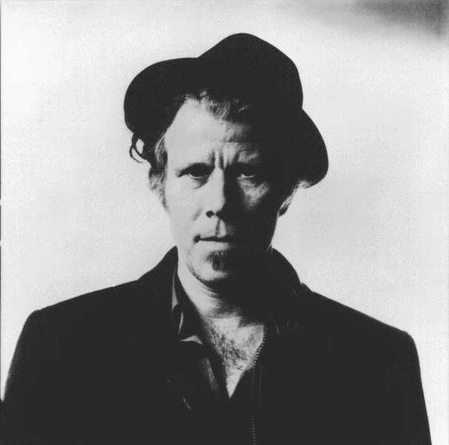
6. Tom Waits
Tom Waits’ voice is a gravelly, growling force that resolutely defies convention, possessing a sound that is both gritty and profoundly poetic, immediately setting him apart from almost any other vocalist. He stands among the scant few extremely successful singers who made it with such a raspy, raw, and frankly intimidating vocal style, proving that uniqueness often trumps traditional vocal beauty. His voice, reminiscent of an old bluesman who has seen and sung through decades of life, adds an authentic, lived-in texture to his storytelling.
While many modern-day singers might use distortion pedals or studio trickery, Tom Waits never needed such artificial aids. His vocal cords, described as deep and sturdy, produced a natural rawness that was entirely his own, a sonic signature forged from experience. Just listen to a track like “Telephone Call From Istanbul,” where he boldly doubles down on hoarse vocal tones in an upbeat jazz setting, yet still manages to make the tune undeniably catchy, quirky, and memorable.
His vocal versatility, despite its unconventional nature, is truly remarkable. Then there’s “Tom Traubert’s Blues,” a ballad in which Tom’s deep, deep voice, followed by scratchy undertones, makes perfect, heartbreaking sense, conveying a profound sense of melancholy and wisdom. Even in his earlier works like “Hope I Don’t Fall In Love With You,” we hear considerably more details and clarity, yet the core of his voice remains rock-steady.
Throughout his extensive career, Tom Waits has remained an enigmatic figure, consistently using his distinctive voice to push the boundaries of musical expression and storytelling. Some may not immediately embrace its singular quality, but others absolutely adore it, recognizing its profound artistry. You cannot deny that the man invented a unique singing style built entirely around his gritty voice, creating an unparalleled sonic landscape that continues to captivate and challenge audiences, leaving an indelible mark on music history.
Our journey through the extraordinary landscape of unique musical voices continues, pulling us deeper into the sounds that have shaped genres and challenged conventions. If the first half had you marveling at vocal titans, prepare for another round of sonic revelations. We’re diving into six more artists whose voices are not just heard, but deeply felt—each a testament to the power of individuality and the lasting impact of truly distinctive artistry.
Read more about: Marianne Faithfull: A Poignant Retrospective on the Life and Unyielding Legacy of a 1960s Icon
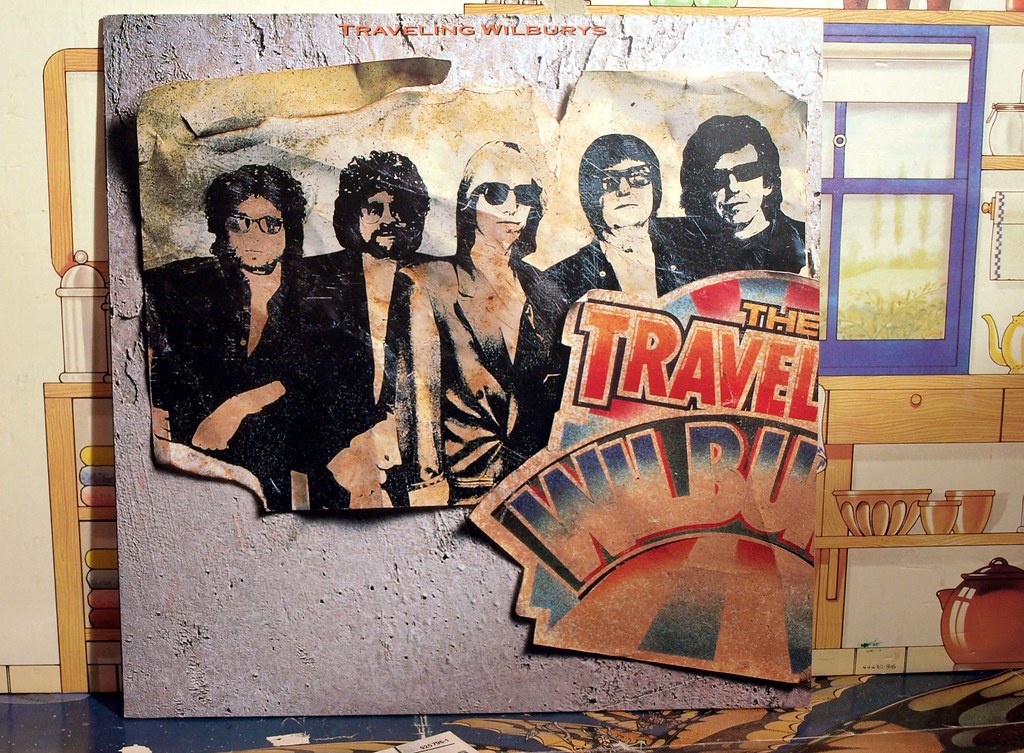
7. Bob Dylan
Oh, Mr. Dylan! His voice is as iconic as his poetic lyrics, often described by its distinctive nasality and a raw, expressive quality that perfectly suits his storytelling. He’s a cultural icon not just for his profound messages, but for how he delivers them. It’s a voice that, while unconventional, has become an emblem of folk music, proving that unique timbre can be a powerful tool for artistic expression.
There’s an almost quirky capability to his vocal range, allowing him to shift between a host of singing styles that keeps you on your toes. Some might even suggest he has a ‘perfect radio voice’ for announcing dynamic news, yet he skillfully adapted it to create numerous songs where it simply shines in a singing context. This versatility, an innate adaptability, is a hallmark of his genius.
Take “Ballad of a Thin Man,” for instance—it’s a textbook Bob Dylan tune where his unique, narration-like vocal style isn’t just present, it sits proudly at the forefront, guiding the listener through every intricate lyric. Then, for a total 180-degree turn, you listen to a track like “New Pony,” and you might barely recognize it’s him! It really shows his capability to make his idiosyncratic voice work at surprisingly higher frequencies.
And if you want more proof of his ever-changing nature, just check out “Black Rider” from his album *Rough and Rowdy Ways*. Here, the color and sonic signature of his voice changes again, resembling more a recitation than traditional singing. Bob Dylan truly exemplifies how true artists with unconventional voices can possess an innate adaptability that allows them to constantly reinvent and fit various styles.
Read more about: Pamela Anderson and Liam Neeson: Unpacking the ‘Real Connection’ vs. ‘PR Stunt’ Debate That Gripped Hollywood
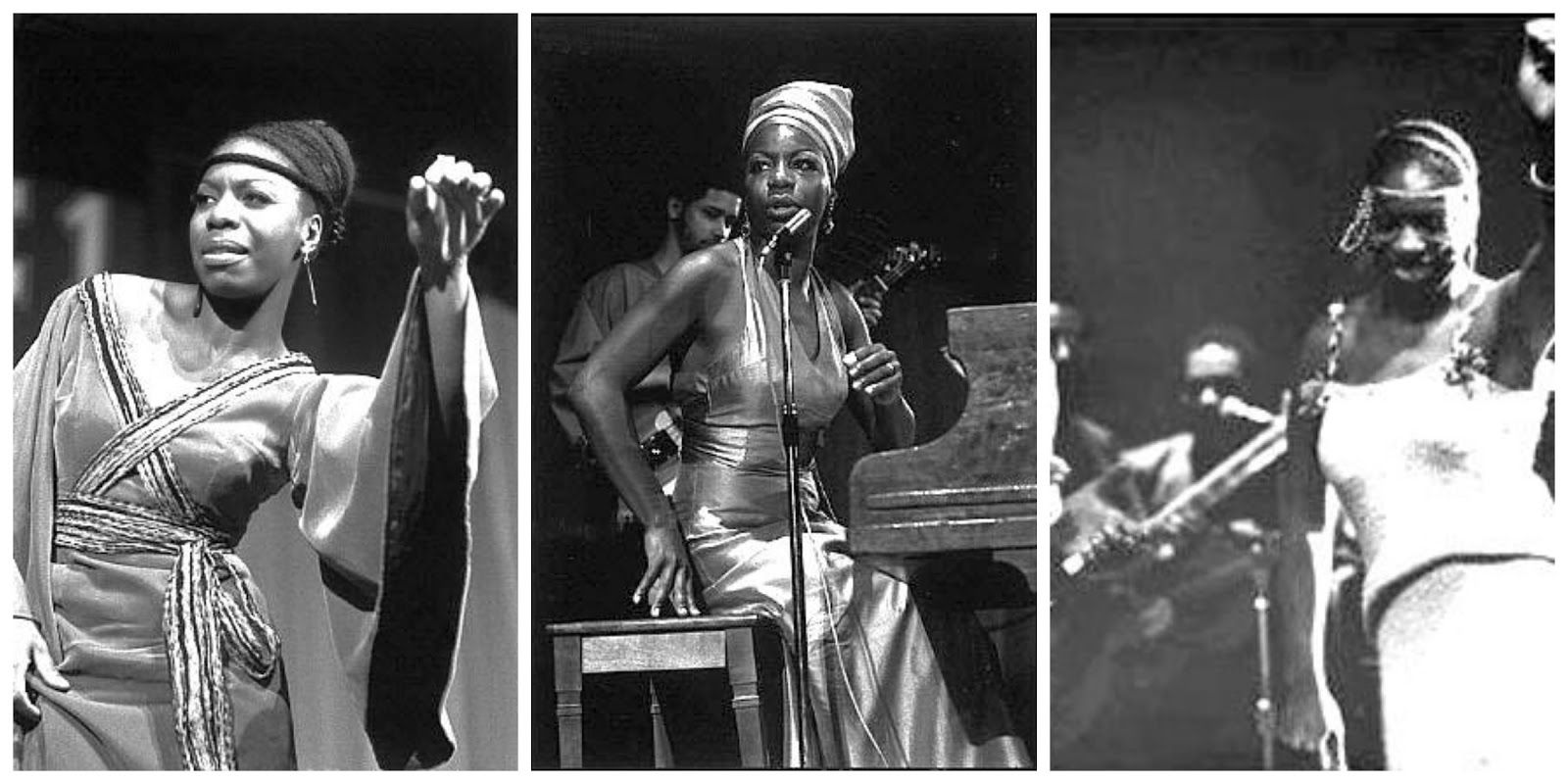
8. Nina Simone
Nina Simone’s voice was a blend of deep emotion and powerful expression, a unique contralto range that could convey raw feeling with unmatched intensity. She wasn’t just a singer; she was a storyteller, a jazz, blues, and classical virtuoso who used her voice to stir souls and challenge perceptions. Her vocal prowess was a force, yet also incredibly vulnerable, reflecting the profound experiences that shaped her artistry.
Her performances were marked by an undeniable passion and intensity, often directly addressing social issues through the power of her music. When Simone sang, it was more than just a melody; it was a deeply felt statement. It’s no wonder her rendition of “Feeling Good” remains an absolutely iconic performance, a perfect showcase of her ability to convey optimism and resilience with every note.
Simone’s influence on jazz, blues, and soul music is nothing short of profound, with a legacy that continues to inspire countless artists and activists today. Her music became anthems for the civil rights movement, cementing her place not just as a musical legend, but as a beacon of hope and resilience. Her voice, echoing through generations, truly remains a symbol of strength and unwavering artistic integrity.
It was this profound connection to her experiences and beliefs that made her vocal delivery so captivating, simultaneously powerful and vulnerable. Every phrase she uttered, every note she held, was imbued with a depth that resonated deeply, making her an artist whose impact stretched far beyond the notes she sang. Her powerful artistry offers a timeless connection to her message, reminding us of the enduring power of a voice used for change.
Read more about: Rehab to Revered: Charting the Unforgettable Impact and Enduring Legacy of Amy Winehouse, A True Voice of a Generation

9. Lemmy Kilmister
Now, for something entirely different: Lemmy Kilmister. One of the undisputed grandfathers of heavy metal, the late, great Lemmy will forever be revered not just as a godly bass player, but for his ultra-gritty, powerhouse voice. It was a sound so distinct, so raw, that it became as much a part of Motörhead’s identity as their blistering speed and volume.
You might hear whispers that his raspy, coarse vocals were a result of decades of smoking and heavy drinking—and perhaps there’s some truth there—but others believe his voice simply channeled the intense energy and spirit of the music he was creating. Regardless of its origin, what’s undeniable is that he never seemed to rely on conventional vocal techniques, nor did he ever receive formal singing lessons or training. His authentic grit simply exploded whenever he took the microphone, a pure, untamed force.
Lemmy’s voice was a sonic signature, a testament to raw, unadulterated passion. It defied polished perfection, instead embracing a primal power that resonated deeply with legions of fans. It wasn’t about hitting precise notes; it was about unleashing an unstoppable wave of sound that commanded attention and respect, becoming the quintessential voice of rock and roll rebellion.
His voice, his entire singing style, and his sheer uniqueness as a person made such a colossal impact that, even now, no one will ever truly be able to copy or replace him. Lemmy Kilmister’s vocal legacy is an unyielding, roaring monument in the annals of music history, proving that sometimes, the most unique voices are the ones that simply refuse to conform.
Read more about: Rumble and Resonance: Unpacking the Enduring Legacies of the Greatest Bass Players of All Time
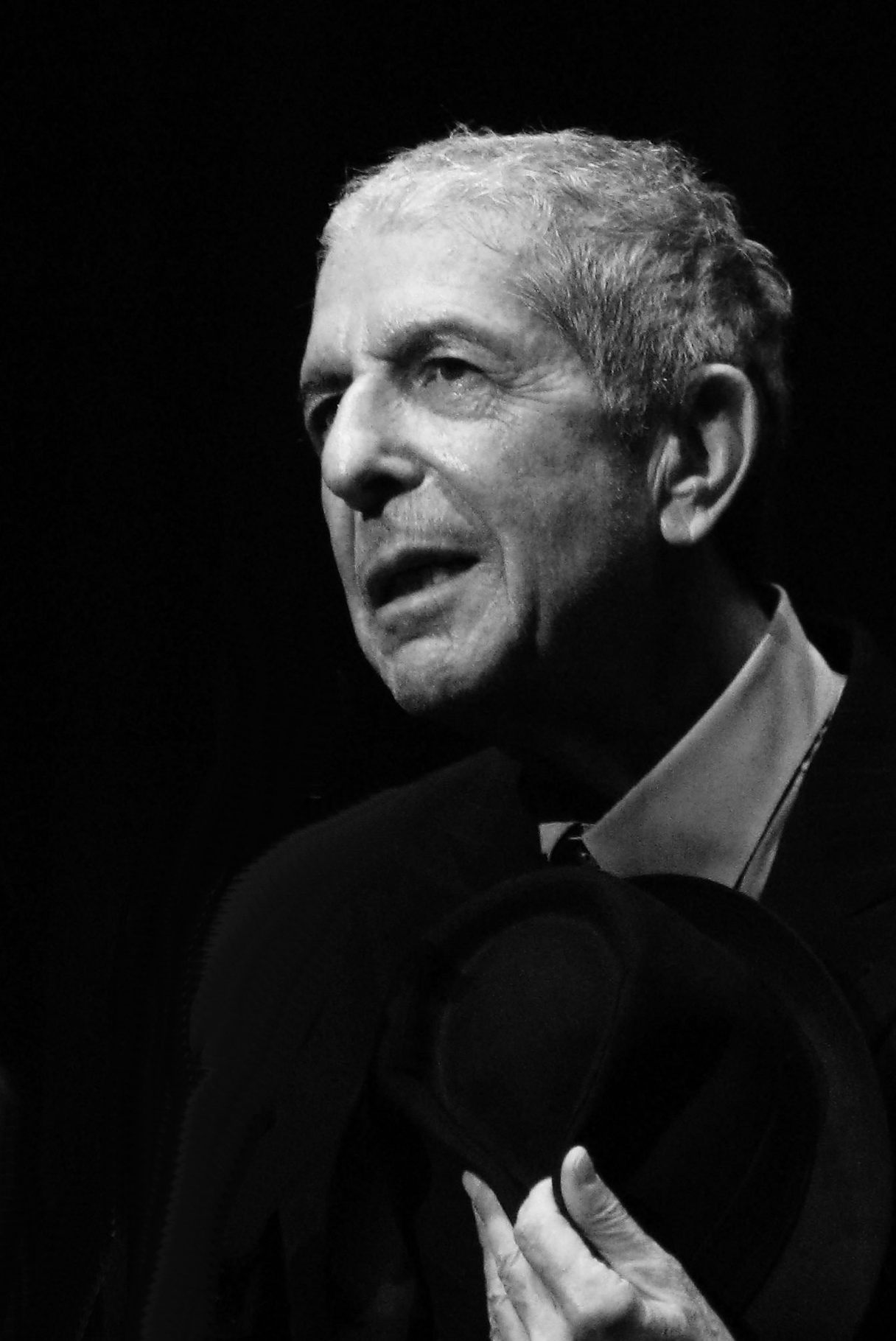
10. Leonard Cohen
Prepare for a voice that’s less a sound and more an atmospheric experience: Leonard Cohen’s. It’s a voice so deep it surrounds you, so gentle it can transport you to seventh heaven in an instant, yet capable of revealing the painfully honest truths only an author of his depth could have lived through. Mystical, steady, and frankly difficult to compare to anything contemporary, his vocal tone and capabilities are truly as unique as they come.
Cohen’s ability to craft intricate, poignant narratives was amplified exponentially by his distinctive voice, which imbued every word with gravitas and profound meaning. Listen to “Avalanche,” for example; his vocal tone and delivery are simply captivating, a one-of-a-kind voice that carries a gravitas almost unmatched in music. It’s a voice that doesn’t just sing the words, but feels them, making you feel them too.
Then there’s his rendition of “Hallelujah”—a song that has been covered countless times, but his original is an experience unto itself. Here, that deep voice, rather than dark, becomes gorgeous and soothing, enveloping you in its comforting embrace. It’s a perfect illustration of his vocal versatility, showcasing how he could shift emotional landscapes while maintaining that unmistakable timbre.
While it would be disrespectful to say he hit fame with his voice alone, given that Leonard Cohen was also a brilliant songwriter and lyricist, most of the world undoubtedly knows him because of that truly one-of-a-kind voice. It’s a voice that created an unparalleled sonic landscape, resonating with profound wisdom and a deep, enduring humanity that continues to captivate listeners worldwide.
Read more about: Marianne Faithfull: A Poignant Retrospective on the Life and Unyielding Legacy of a 1960s Icon
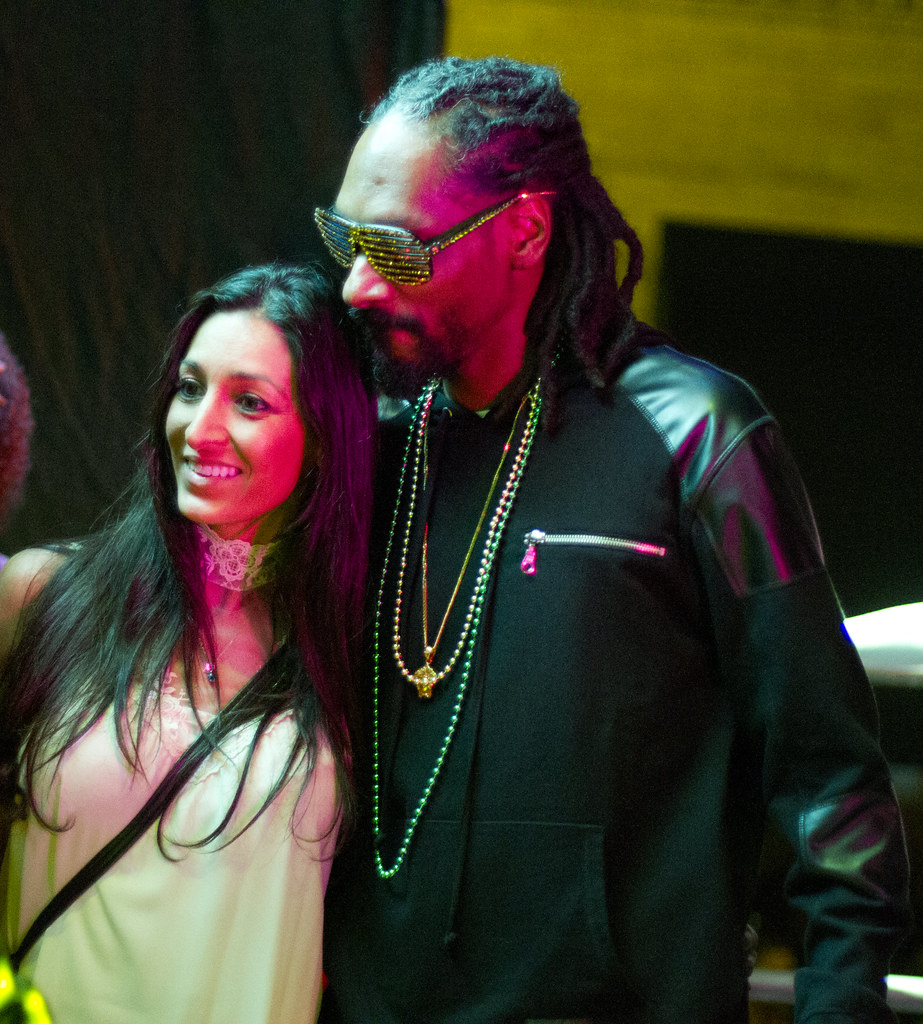
11. Snoop Dogg
In the vast world of hip-hop, certain voices instantly grab your attention, and none are more instantly recognizable than the laid-back, soft snarling flows of Snoop Dogg. His vocal delivery is so distinctive, so effortlessly cool, it became the defining sound of West Coast G-Funk, especially after Dr. Dre discovered him back in 1992. His debut album, *Doggystyle*, famously sold over a million copies in its first week alone!
Snoop Dogg, whose real name is Calvin Cordozar Broadus Jr., has truly remained a constant fixture in the ever-evolving hip-hop and rap scenes for over 25 years. That’s no small feat, especially considering the tragic demise of so many of his contemporaries and his prominent involvement during the intense Death Row/Bad Boy rivalry of the mid-90s. His longevity is a testament to his adaptability and unique vocal appeal.
As diverse and, yes, sometimes controversial as he is recognizable, Snoop’s career résumé is packed with fascinating twists, from his acquittal for murder to directing a porn flick (creatively titled *Doggystyle*, of course). He’s even had a rebirth through Rastafarianism as Snoop Lion in 2012 and embraced self-parodying roles in films. Yet, through all these transformations, his laconic drawl has remained a constant—a truly herb-induced antithesis to the fast-paced rhymes of other artists.
His voice, with its inimitable cadence and relaxed delivery, created a sound that was both groundbreaking and enduring. It’s not just about the words he says, but the distinct way he says them, making him an undeniable icon whose vocal signature is woven into the fabric of hip-hop history, instantly identifiable from a single phrase.
Read more about: You Won’t Believe These 14 Super Celebrity Duos Who’ve Been BFFs For Years, And Some Might Even Shock You!

12. Randy Newman
Randy Newman is an artist whose voice is as multifaceted as his career. Some know him as an accomplished singer, songwriter, and pianist, while others recognize him as a gifted composer, arranger, and conductor. But most people know him for his exquisite voice and the myriad of ways he can uniquely wield it, whether it’s for his deeply emotional originals or his iconic movie soundtracks.
It’s important to separate his original works from the instantly recognizable soundtracks he’s done for beloved shows like *Toy Story* or *Monsters, Inc.* One of my personal favorites from his original catalog is “I Just Want You To Hurt Like I Do.” It’s a tune absolutely brimming with raw emotion and is brilliantly sung. What truly makes it so authentic and memorable is the way words seem to slide effortlessly off Randy’s tongue, a conversational delivery that draws you right into the narrative.
But let’s head back to one of his earlier albums and revisit the tune “Short People.” Beyond being pure comedy gold, this song showcases a completely different, yet equally captivating, side of Randy Newman’s singing capabilities. It proves that his unique vocal styling can be adapted for humor and satire just as effectively as for heartfelt ballads, a testament to its innate versatility.
The invisible thread connecting a deeply felt ballad like “I Just Want You To Hurt Like I Do” and the comedic brilliance of “Short People” is Randy’s authentic and exceptionally unconventional voice. And if you need further proof, consider a song like “I Love L.A.” It solidifies the statement that what makes all Randy Newman’s tunes so recognizable isn’t just the melody, but his vocals: melodic at times, energetic all the time, always distinctly and unmistakably him.
Read more about: Iconic Soundtracks: The Unforgettable Songs From Your Favorite Classic Movies.
So there you have it, a dozen iconic musicians whose voices broke the mold and redefined what it means to be a truly unique singer. These artists didn’t chase perfection; they chased authenticity, emotion, and an unforgettable sound that was unequivocally their own. From operatic highs to gravelly lows, from soulful whispers to hip-hop flows, each one has left an indelible mark, reminding us that in music, sometimes the most beautiful voices are the ones that dare to be different. Their legacies resonate not just in their incredible vocal prowess, but in their courage to carve out a sonic identity that remains ‘ownable’ and inspiring for generations to come.




